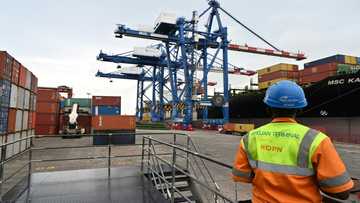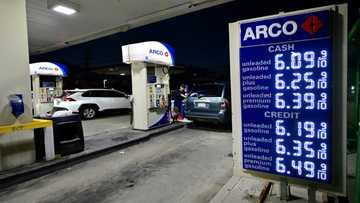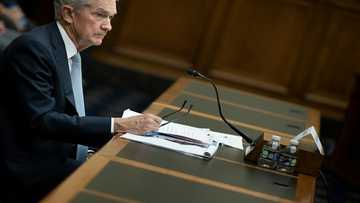Rising Fuel Price: Energy Expert Proposes Three Things Government Can Do To Solve The Situation
The fuel price in Ghana is strongly linked to the economy and general living conditions. When fuel prices go up, food and everything else record a surge in price. This is why the constant bi-weekly fuel price increases remain a worry for many experts. YEN.com.gh spoke exclusively to energy expert, Duncan Amoah, on real solutions the government can adopt to stabilise fuel price.
PAY ATTENTION: Click “See First” under the “Following” tab to see YEN.com.gh News on your News Feed!
Since January 2022, the fuel price in Ghana has increased by approximately 48.3%. Made worse by the supply disruptions caused by the Russia-Ukraine war, the price of petrol and diesel at the pumps stood at GH¢10.23 per litre as of June 20. But prices have been projected to skyrocket by December if no firm steps are taken.
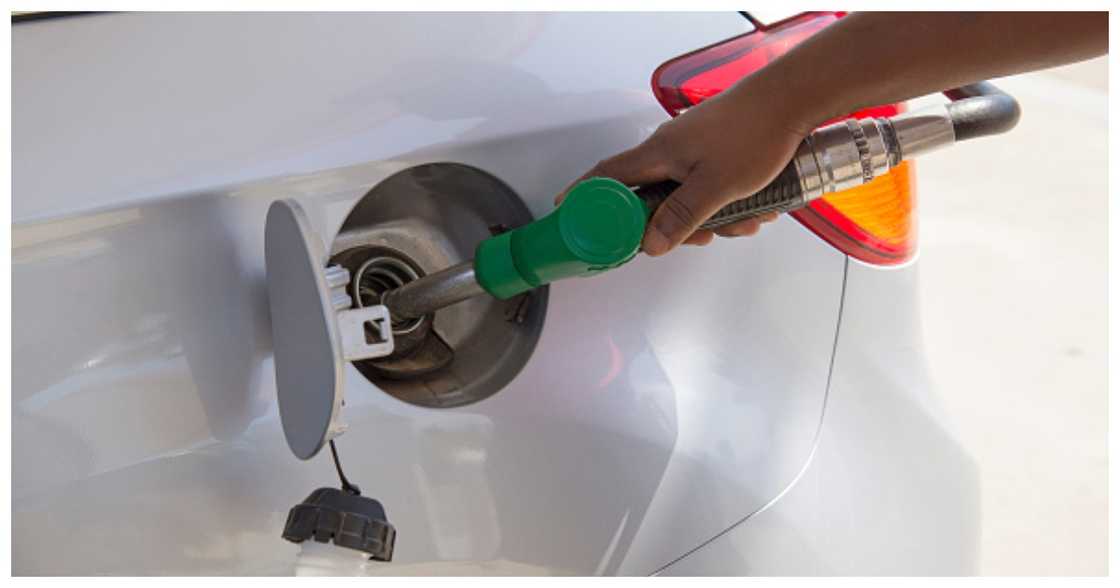
Source: Getty Images
These consistent fuel price increases represent one of the drivers of the economic hardship and high inflation that Ghana has been hit with. May 2022 inflation data show food price increase was the main driver of the staggering 27.3% year-on-year inflation. The high inflation is terrible for the ordinary Ghanaian, who is already dogged by challenges like the high cost of borrowing and utilities, among others.
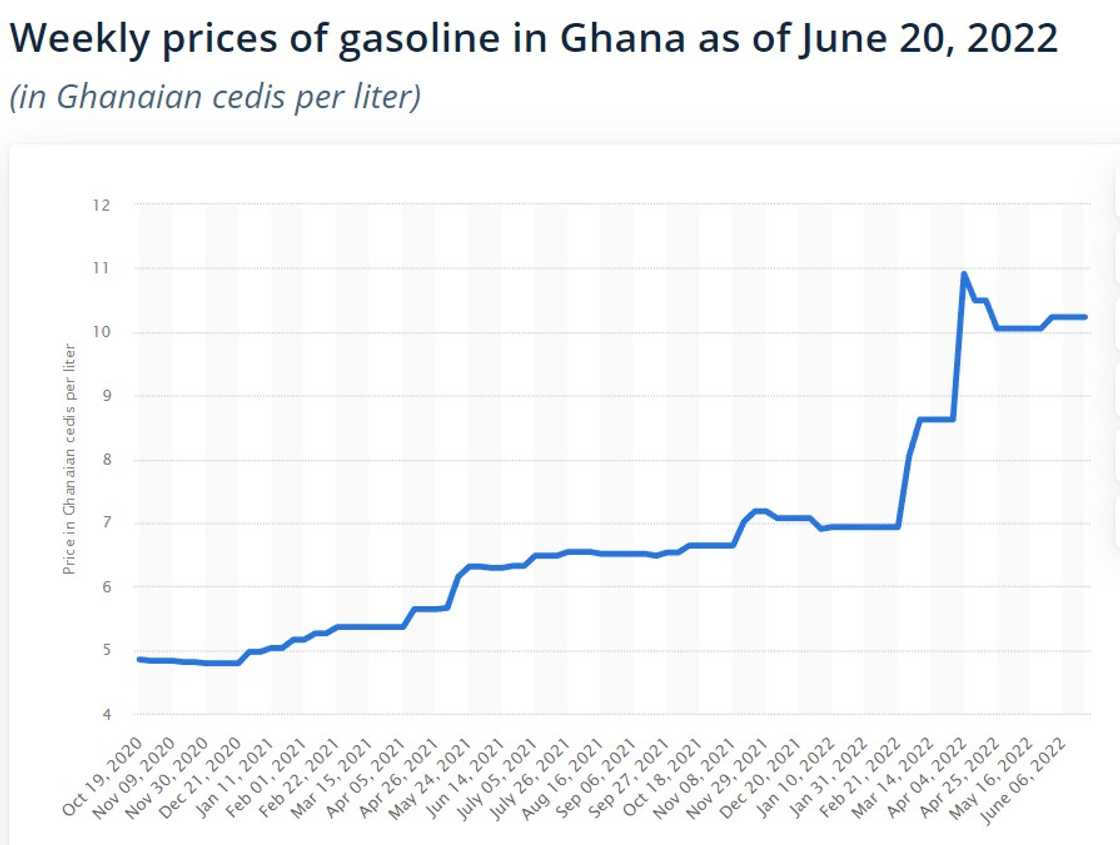
Source: UGC
PAY ATTENTION: Follow us on Instagram - get the most important news directly in your favourite app!
Lasting solution
Although regulators of the downstream petroleum sector have blamed the rising fuel cost on a deregulated system, Executive Director of Chamber of Petroleum Consumers (COPEC-GH), Duncan Amoah, disagrees.
Mr Amoah told YEN.com.gh in an exclusive interview that there are three crucial things that the government must do to stabilise fuel prices and prevent an economic catastrophe.
Critical safety nets
First, he wants the National Petroleum Authority (NPA) and allied agencies and partners to immediately revamp the safety nets to fuel price stability.
"By safety nets we mean institutions like the Bulk Oil Storage and Transportation (BOST) and the Tema Oil Refinery (TOR) must be restored to their core operational mandates," he said.
Mr Amoah said BOST must be utilised in these difficult times to hold strategic stocks to stabilise the markets even if prices on the international market surge and the cedi decline further.
"TOR must be immediately brought back on stream to save Ghana and to cut down the costs associated with direct importation from mainly Europe," he said.
Ease pressure on cedi
Secondly, authorities must find a solution to the steeply depreciating cedi, which drives local pump prices unreasonably in Ghana.
"The government should centralise all fuel importations into the country to enable it to gain secure and uninterrupted supplies. This also guarantees economies of scale," Duncan Amoah explained.
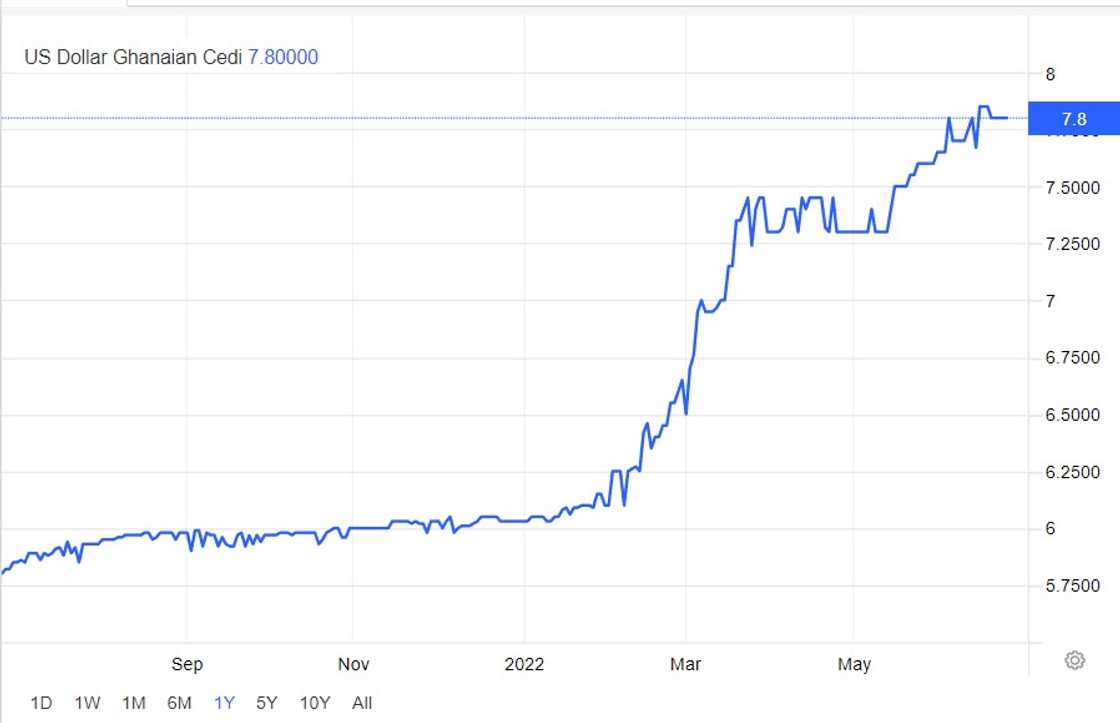
Source: UGC
Mr Amoah said the current system of independent refined fuel importation by the many petroleum firms operating in Ghana creates an artificial demand for forex. This artificial demand for dollars and other foreign currencies puts pressure on the local cedi.
Nuisance taxes
Then the government must review the existing taxes charged on a litre of petrol and diesel.
"Government must review the prices to reflect the difficult times consumers are faced with; it becomes simply difficult to accept that at a time like this we continue to charge our people taxes like price stabilisation and recovery levy whiles we don't stabilise and recover anything due to the deregulation programme.
"The excuse of using this tax to subsidise for premix neither holds because the 16p tax per litre of fuel to stabilise for premix is on the rather high side," he stressed.
He has called the Finance Ministry to go back to Parliament for appropriate legislation to reduce the 16 pesewas charged per litre to 5 pesewas.

Source: Facebook
Further, on what many have described as nuisance taxes on fuel, Duncan Amoah made the following observation:
"A tax like special petroleum tax should not be charged at all at this present time," he was blunt.
He explained that the tax was introduced as a measure to rake in revenue if Ghana's crude exports when international benchmark prices declined to below $30 per barrel after the government had budgeted for $54 per barrel in 2015.
"At current budgetary projections of some $57 per barrel with actuals hovering above $100 per barrel, there is no justification for the continuous charging of that particular tax," he stressed.
While it is true that the global disruptions in the supply of crude oil is to blame for the increasing fuel prices, it is time for government to deliver on its core mandate of making life better for citizens. By removing the many taxes on fuel, for instance, government triggers more economic activities and ease the hardship in the system.
PAY ATTENTION: check out news exactly for YOU ➡️ find "Recommended for you" block and enjoy!
Source: YEN.com.gh


